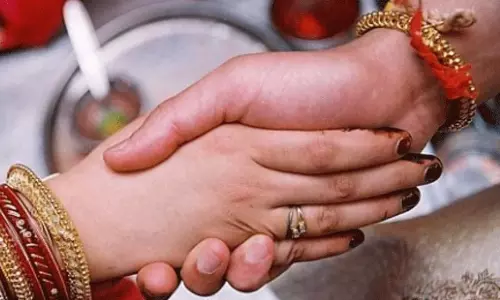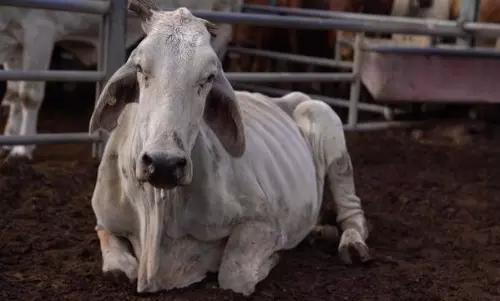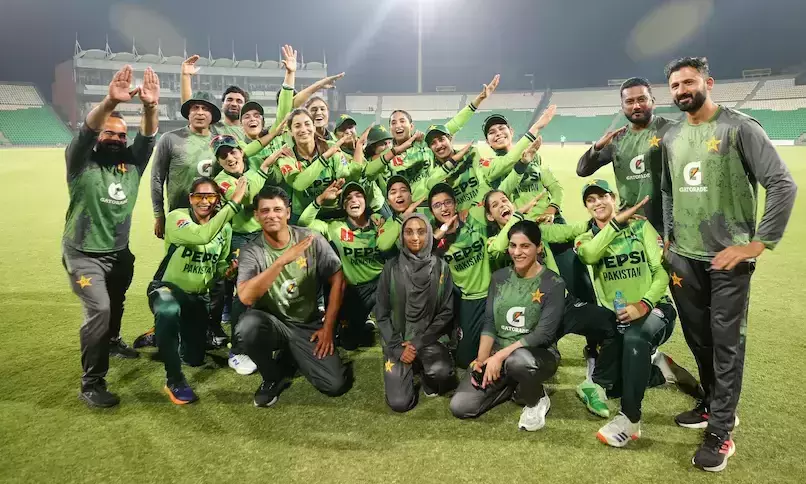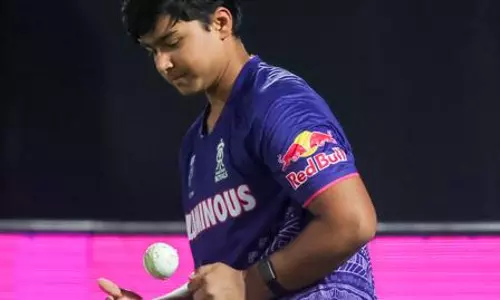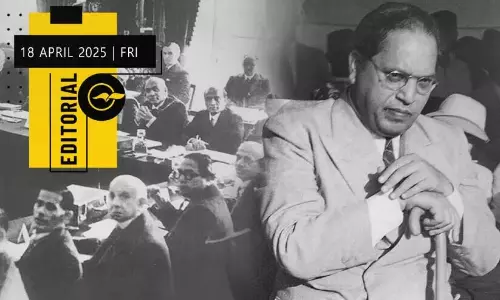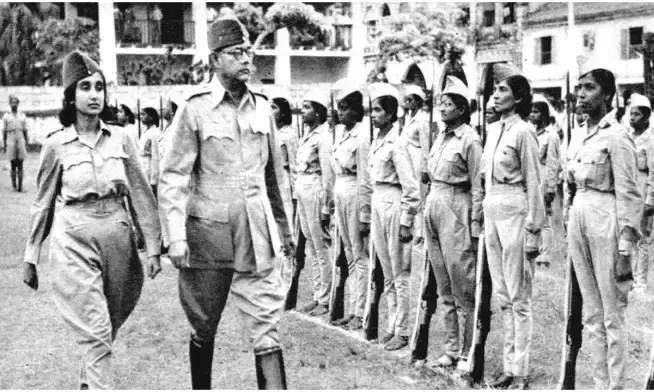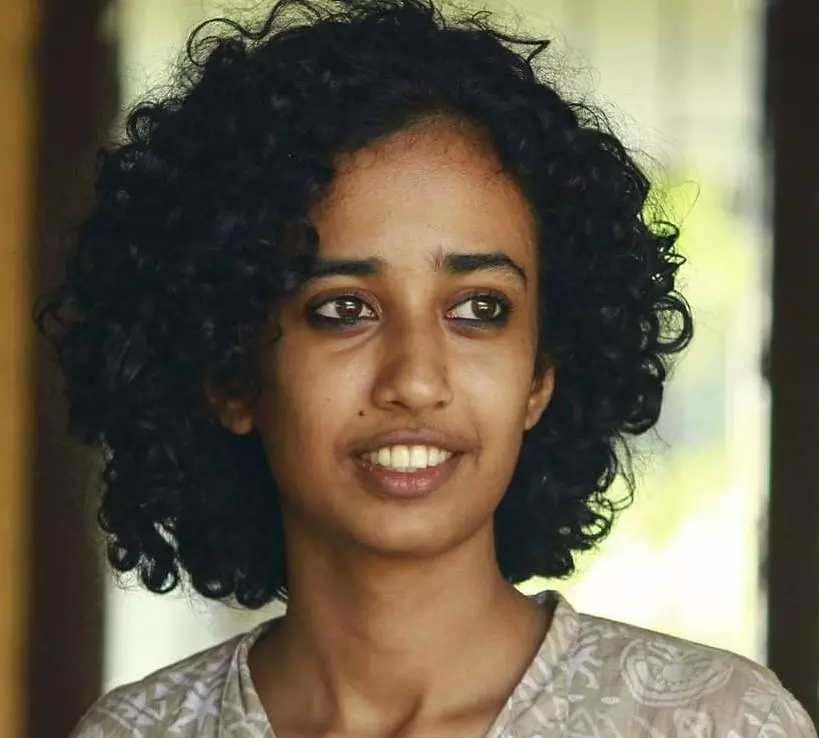
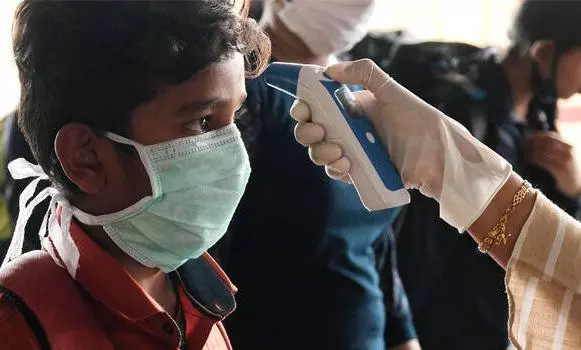
What went wrong in Kerala's fight against COVID
text_fieldsA lot has been discussed on the upward COVID infections in Kerala in at least half a year. Keralites raised suggestions and concerns on sustainable health. The suggested new measures, including letting public places be open and withdraw lockdown strategy - remained unattended. When the first case of COVID was reported in Kerala, the state government was confident about containing it like it could handle the Nipah virus. Contact tracing and tracking the infections were the measures adopted by health minister KK Shailaja. Now once again, the 'Kerala model' is under discussion. Lately, when the Delta variant infection was first reported in June, the infections continue to surge. From 10-15,000 daily reported cases to 35,000 daily reported cases in August. Certain questions follow when health minister Veena George focuses on excess death analysis and sero-prevalence survey results. These questions revolve around containment strategies, testing methods, and vaccination. The government didn't clarify what percentage of the immune population has anti-body generated through infection and anti-body produced as a result of vaccination. As breakthrough infections are at a high number in Kerala, the susceptible population and vaccinated (susceptible during Delta variant) population aren't differentiated.
The Health Minister says most of the cases are breakthrough infections. Why breakthrough infections are happening is another question. This question would be directed at vaccination and its efficacy as a whole. If the government campaigned for vaccination in the earlier phases, pointing at not to get infected, now the focus is on saying that vaccination reduces fatality. Fatality can be dependent on various health factors. It is found all over the country that patients with co-morbidities and diabetic patients are more prone to death once they get the virus infection. Till now, there are no concrete studies available that states vaccination reduces fatality. Kerala is inoculating two vaccines to its population. The state itself must review vaccine efficacy phase to phase to reduce the infections by analyzing how different vaccines have worked. A study carried out by the Institute of Genomics and Biology, and Max hospital in Delhi finds that 25% of fully vaccinated health care workers were infected with COVID 19 Delta variant.
The health minister's recent statement '35% of percent viral transmission occurs inside the homes' faced outrage, pointing out that the government had been asking people to be in-home quarantine. COVID First-Line Treatment Centres are set up for those who don't have the facility to quarantine within their houses. Buildings such as schools, auditoriums are turned into FLTCs to take care of COVID patients. A few days back, a journalist who had been to an FLTC in Calicut wrote about the conditions inside there on social media. "There is a strong odour around the centre that comes from a mismanaged septic tank. There is the least chance that COVID patients will be aware of this because of the inability to sense smell. The unhygienic toilets and verandas were cleaned only after the patients decided to complain to the health minister," a source said.
"The government or the police can't reduce the infection rate. Kerala is very urbanized, and population density is too high," Dr Jayakrishnan T, associate professor at the Department of Community Medicine in Calicut Medical College, says.
"During Onam, we were relaxed, and family gatherings happened in houses. Experience all over the world shows lockdowns are not helping to reduce viral transmission (nor sustainable). It worsens social life, pushes to poverty. Highly infectious Delta variant spreads from human to human, through breath. When humans get closer, the spread happens. In Kerala, there will be a prolonged infection that would lead to a flattened curve. As an epidemiologist, I can say that now it is absolutely our responsibility to keep ourselves safe from infection. We must keep social distancing, do not gather in closed spaces, and use masks. If any of the symptoms of COVID is seen, we must voluntarily isolate them. If there is one patient in the house, we must follow room isolation and inform the local health department. Society must go to self-disciplined alert," he said.
Dr Jayakrishnan says more than a medical problem, and he understands CoVID as a socio-economic issue. "House parties, functions, marriage gatherings have increased. This must be reduced. It is inside the closed spaces that virus transmission happening, not through public transport. It spreads indoors. Infection rate would also be dependent on the climatic conditions and lifestyles," he explained. Dr Jayakrishnan ruled out the possibility of a separate third wave, stating that other variants wouldn't replace the current Delta variant in a short time. Also, 70% of current infections are because of Delta. "Deaths due to lack of oxygen or hospital beds are very less in Kerala. There was no spillage in the ICU wards. This was how the curve had been flattened. Now, our attention must be on whether anyone is unable to get ICU beds, oxygen etc. We must be at strict control measures," he stressed.
As the cases spike up, Kerala is gearing up for another seroprevalence survey this month. As per reports, the state plans to survey specific population groups such as antenatal women, children, tribal populations, coastal communities, and urban slum communities.
"We must demand the sero survey to be independent and transparent. The immunity in the population tested in the fourth round must be tested again. Results of both can be compared," homoeopathic doctor and rights activist Dr PG Hari suggests. "95 patients died of breakthrough infections. Evaluate the breakthrough infections measuring how intense it was in various health categories, the death rate and the number of critically ill patients. Till then, the state can pause the anxiety-inducing vaccination process," he said. "The vaccinated immunity levels and natural immunity levels in CoVID patients who will be studied in the survey would help to have a comparative study. During the pandemic, only the infrastructural facility of homoeopathic institutions is used, not the treatment methods. The media, too, have a role in projecting Kerala's vaccine policy without including a different opinion. Online portals that openly venture all sides of an issue took a safe space to discuss Kerala's vaccine policy. We are only putting forward suggestions, but when did the government consider these suggestions for upgrading their strategies?" he asks.
Is entire Kerala well equipped?
"Even if the people of thirteen districts in Kerala believe Kerala is well equipped with ventilators, people of Kasaragod won't buy that," says Kasaragod constituency MLA NA Nellikkunnu. "Construction of the medical college in Ukkinadkka began in 2013. In 2020 the under-construction building was turned into a CoVID hospital hastily. Two hundred staff were appointed initially, but gradually some of them were taken back. This hospital does not have a ventilator facility," he says. "Kasaragod has the lowest number of CoVID cases in Kerala. In the beginning, the people of Kasaragode faced criticisms by the authorities in the name of CoVID spread. People's representatives, too, were called out. We follow every direction the state makes, and all the organizations and political parties work jointly against CoVID." he said. "Kasaragod currently has two CoVID hospitals, which are only partially functioning. Other patients have to rely on hospitals in Kannur. Private hospitals in Kasaragode charge high, Rs3000 to 4000 for a day, access to this facility is not possible for the poor," Nellikkunnu said. He also stressed that the district is the most deserving of AIIMS hospital, proposed in Kerala.
"During March 2020, critically ill patients died without crossing the Karnataka border to get into hospitals in Mangaluru. Now, we depend on Pariyaram Medical College for serious cases that need ventilator support. But the hospital can't accommodate patients from Kasaragode regularly. In May, we faced an oxygen crisis, and doctors were in panic. The victims of the endosulfan tragedy are living dead. During the pandemic, they had to protest to get the due pensions. No care is reaching this vulnerable community. Work on a rehabilitation village for endosulfan victims had begun here, but there is no progress," the MLA said. When asked about the local governance system, he said panchayats in the district are facing shortage of funds.
Dr S. Irudaya Rajan, professor at the Centre for Development Studies, says the sidelining of treatment for non-CoVID diseases would increase Kerala's death rate in the long run. Being part of the experts' planning committee formed by the state during the first wave of CoVID, Irudaya Rajan said he vehemently opposed the idea of lockdown. "How many days you'll provide food through the community kitchen? Hospitals in Kerala do have isolation rooms. Does the Kerala household have room for isolation? When Vande Bharat flights arrived in Kerala, many had quarantined inside their houses. But there wasn't a spread, maybe because the virus was different. Deaths due to the post CoVID complications are not counted as CoVID deaths. People are forced to add health issues to their bodies," he said.




